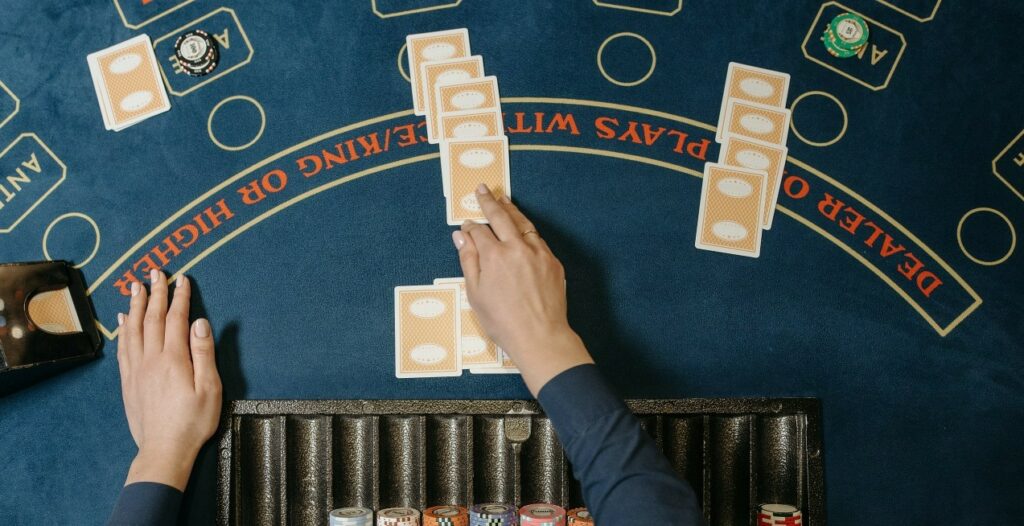Alan Turing: Enigma Code-breaker and roulette system researcher

Created: 9/10/2021Updated: 11/19/2021
We already knew Alan Turing was a genius, who built the first computer. Now it turns out he was a casino games tester too! Letters recently put up for auction show Turing corresponded with strip lighting inventor Alfred Beuttell on a supposedly profitable roulette system - but did it actually work?
Alan Turing was one of the most important mathematicians of the 20th century.
His claim to fame mostly rests on his leading role creating he first computer. Turing was employed by British intelligence to crack the Enigma code used by Nazi Germany’s U-boats and he was highly successful in his mission, contributing significantly to the Allies’ victory in WWII.
However, did you know that Turing also tried to crack the roulette machine?
Turing corresponded with friends via letters, including the inventor of strip lighting, Alfred Beuttell. Letters soon to be auctioned showed that Beuttell was a roulette fan and had perfected what he thought was a personal roulette system that turned out regular profits. He discussed his methodology with Turing, who, in return, provided a mathematical analysis for the system.
Best of all — their correspondence about the system took place way before Turing rose to stardom. The letter written by Turing was dated back to 1933, while the famous mathematician was just 21 years old and an undergraduate at Cambridge University. It was then when Beuttell requested his opinion about his gambling strategy for roulette.
Beuttnell, on the other hand, was 88 back in the day. He claimed that he used his personal roulette system to play the popular casino game at the Grand Casino Monte Carlo and even claimed he was able to live for a month on the French Riviera only thanks to the winnings he made with his system.
Turing: Not a Perfect System
The original letter in which Beuttnell presents his system to Turing is lost. We only have Turing’s response to Beuttnell, which is seven pages long and handwritten.
From Turing’s response, the system proposed by Beuttnell seems to be some kind of variation of the Martingale betting system - with a similar expected outcome. Turing performed simulations of for 150, 1,520, 4,560, and 30,400 spins following Beuttnell’s strategy only to prove that it wouldn't work in the long run. In fact, Turing commented that during longer sessions, winning is less likely to happen.
It turns out that Beuttnell had just enjoyed beginner’s luck using the system, but over the long-term, it turned out to be ineffective, following a similar path to the James Bond roulette strategy.
A Bitter End for the Brilliant Mathematician
Even though Turing’s early days were full of anecdotes such as the one described in this article, his post-WWII life ended with a suicide. After admitting his homosexuality, Turing was prosecuted, as his sexual orientation was considered illegal in the UK in the post-war era. He was offered to go to prison or undergo chemical castration, which eventually led to depression and suicide.
Turing received a posthumous apology from the British government in 2009., and was granted a posthumous pardon in 2013.
Alan Turing is considered the creator of computer science, which is nowadays an inevitable part of every person’s daily life. His inventions both before, during, and after WWII contributed to the overall progress of our civilization. Without Turing, we might not be able to play roulette on our computers. It's just a shame that he couldn't actually discover a winning roulette strategy.






